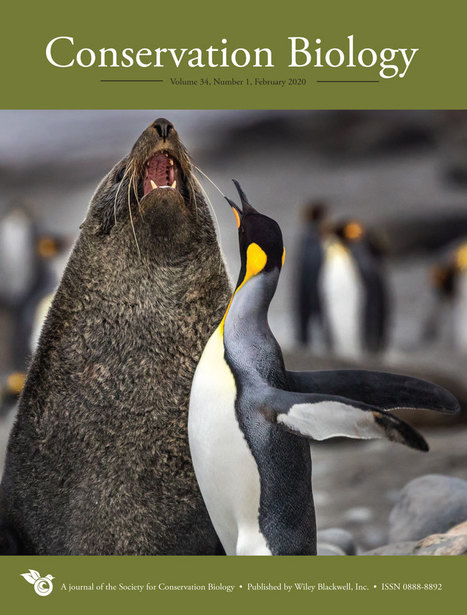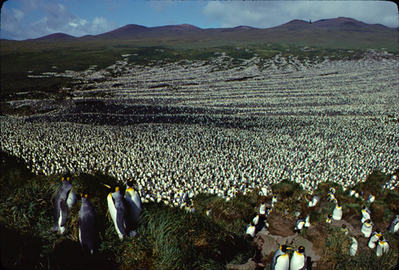The ongoing biodiversity crisis becomes evident in the widely observed decline in abundance and diversity of species, profound changes in community structure and shifts in the species' phenology. Insects are among the most affected groups, with documented decreases in abundance up to 76% in the last 25–30 years in some terrestrial ecosystems. Identifying the underlying drivers is a major obstacle as most ecosystems are affected by multiple stressors simultaneously and in situ measurements of environmental variables are often missing. In our study, we investigated a headwater stream belonging to the most common stream type in Germany located in a nature reserve with no major anthropogenic impact except climate change.
Research and publish the best content.
Get Started for FREE
Sign up with Facebook Sign up with X
I don't have a Facebook or a X account
Already have an account: Login
Revue de presse et du net par le Pôle de partage des connaissances S&T de l'Office français de la biodiversité
Curated by
DocBiodiv
 Your new post is loading... Your new post is loading...
 Your new post is loading... Your new post is loading...
|
|











